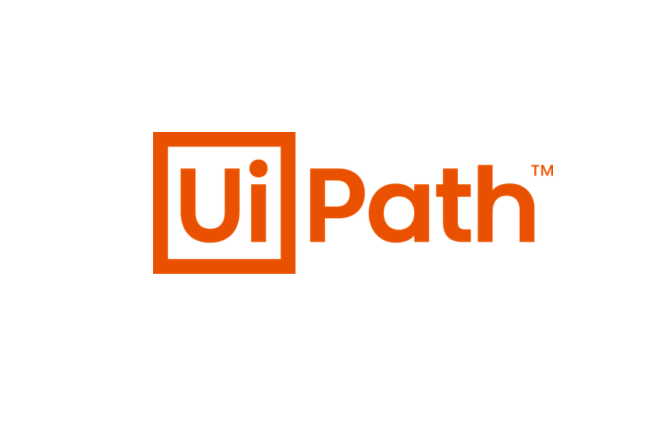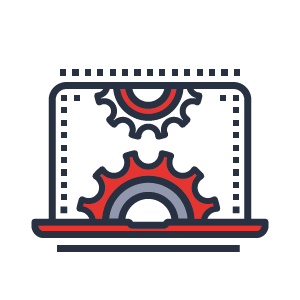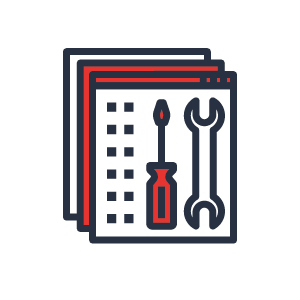Effective project management plays a vital role in the success of any organisation. As businesses strive to enhance their operational efficiency, they are turning to innovative technologies such as business process automation (BPA), low-code workflow software, and robotic process automation (RPA).
By harnessing these tools, organisations can optimise project management processes, ensuring agility and quality throughout the project lifecycle.
This article explores how BPA and RPA, implemented using low-code workflow software, can revolutionise project management practices.
Understanding Business Process Automation and RPA
Defining Business Process Automation
Business process automation refers to the use of technology to streamline and automate repetitive tasks and workflows. It enables organisations to optimise their operations, enhance efficiency, and reduce manual errors.
Unleashing the Power of RPA
Robotic Process Automation (RPA) takes BPA a step further by using software robots or “bots” to automate rule-based, repetitive tasks traditionally performed by humans. RPA frees up human resources, reduces costs, and ensures accuracy and consistency in project management processes.
Leveraging Low-Code Workflow Software
The Rise of Low-Code Development
Low-code workflow software empowers non-technical users to create and deploy custom applications with minimal coding. It provides a visual interface that enables users to design and automate workflows quickly.
Benefits of Low-Code Workflow Software in Project Management
Rapid Application Development: Low-code workflow software enables project managers to create and modify applications swiftly, reducing time-to-market and enhancing project agility.
Increased Collaboration: Low-code platforms facilitate collaboration among project stakeholders, ensuring seamless communication and knowledge sharing.
Flexibility and Scalability: With low-code software, project managers can easily adapt to changing project requirements and scale their applications as needed.
User-Friendly Interface: The visual interface of low-code platforms makes it easier for project managers to design intuitive workflows and automate project management tasks.
Optimising Project Management Processes
Streamlining Project Initiation
Using low-code workflow software, project managers can create automated workflows for project initiation tasks, such as project charter creation, stakeholder identification, and resource allocation. This streamlines the process, eliminates manual errors, and ensures consistency.
Automating Task Assignments and Tracking
By leveraging BPA and RPA capabilities, project managers can automate the assignment of tasks to team members and track their progress. Automated notifications and reminders ensure that everyone stays on track, reducing delays and improving project efficiency.
Enhancing Communication and Collaboration
Low-code workflow software offers collaboration features that enable project teams to communicate effectively and share critical project information. Automated notifications, document sharing, and real-time updates foster seamless collaboration, ensuring agility in project management.
Ensuring Quality Control
BPA and RPA tools can be utilised to automate quality control processes throughout the project lifecycle. By automating quality checks and validations, project managers can reduce the risk of errors, ensure adherence to project standards, and improve overall project quality.
The Future of Project Management
As technology continues to advance, project management will witness further automation and optimisation. Artificial intelligence (AI) and machine learning (ML) are poised to play significant roles in project management, enabling intelligent decision-making and predictive analytics.
Conclusion
In conclusion, the integration of business process automation, low-code workflow software, and robotic process automation brings forth a transformative era for project management. By leveraging these technologies, organisations can unlock new levels of agility and quality in their projects, leading to enhanced operational efficiency and superior outcomes.
Through the automation of repetitive tasks and the streamlining of workflows, project managers can optimise project initiation, task assignments, and tracking. This not only saves valuable time but also reduces the risk of manual errors and ensures consistency throughout the project lifecycle. Furthermore, the collaboration features offered by low-code workflow software foster effective communication and knowledge sharing among project stakeholders, enabling seamless collaboration and promoting synergy within the team.







